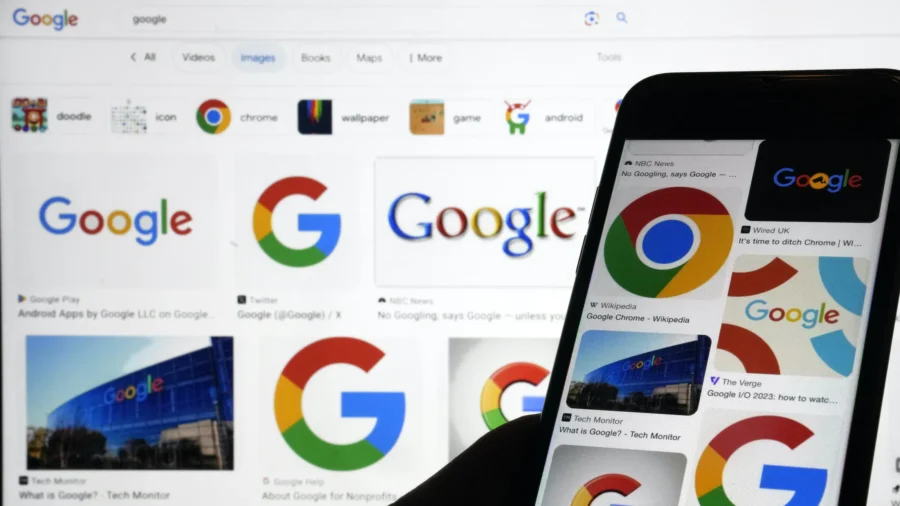Google will begin deleting inactive accounts on Friday, according to a company statement. Accounts inactive for more than two years will start being deleted on Dec. 1, with this including email content, photographs, documents on Google Drive, and other content.
The reason is security, Google said, as accounts that are not being used for a long period of time are “more likely to be compromised.”
Such accounts may lack two-factor authentication, and often have old or duplicate passwords that are easier to exploit, according to the tech giant. Such accounts are ten times more likely not to have a two-step authentication process set up, according to the company’s internal analysis.
Such accounts can then be used for malicious activity, including identity theft and sending spam messages, the company says. Google is also limiting the time it keeps people’s personal information in inactive accounts.
Google announced the inactive account policy back in May, and then continued to update it with cases for which the policy would not be applied.
The policy only applies to personal Google accounts, and will not affect accounts for organizations like schools or businesses.
Accounts that are used to sign in to third party websites, or that have uploaded a YouTube video, will be considered active and will not be deleted.
According to Google’s online policy, other exceptions include Google accounts that manage active minor accounts, accounts containing a gift card balance, and those that have been used to purchase Google products or apps.
The deletion, which will begin on Friday, will start with accounts that were created and never used again. Multiple notifications will be send to the corresponding email account and to the account’s recovery email address.
The simplest way to save an old account from deletion is to sign in to it. Other actions that will have the same effect include reading or sending an email, watching a YouTube video while signed in, using Google Drive, Google search, or signing in to a third-party website using the Google account credentials.
There will also be the option to use Google’s free tools for account management and for getting a copy of your data. Google’s Takeout feature can be used to export data to another platform, and the Inactive Account Manager allows a variety of options for when an account becomes officially “inactive.”
These include sending specific files to designated contacts, applying a Gmail autoresponder, and deleting the account completely.
Google’s online policy also says the company can work with immediate family to close the account of a deceased loved one and/or provide some account content—without sharing login credentials—on a case-by-case basis.
Google is asking users to provide and update a recovery email address for their account—which is also helpful for sending inactive account notices and other notifications.
Antitrust Trial
The U.S. government brought Google to court this month, accusing the company of breaking antitrust laws to unfairly get ahead of the competition.
The Justice Department sought to prove that Google had illegally abused its power to favor its bottom line.
One argument the U.S. government made was that Google’s payments to Apple and other manufacturers—totaling some $26.3 billion in 2021—were essentially monopoly profits paid to distributors in order to have Google’s search engine made the default option on their smartphones.
Alphabet, Google’s parent company, reported a net profit of $19.69 billion for the quarter from July to September, up from $13.91 billion in the same period last year. Revenue totaled $76.69 billion for the quarter.
The Associated Press contributed to this report.

